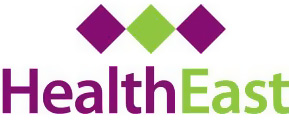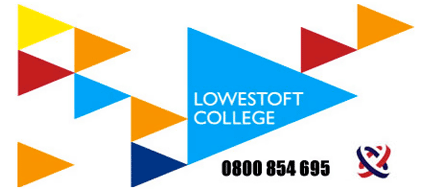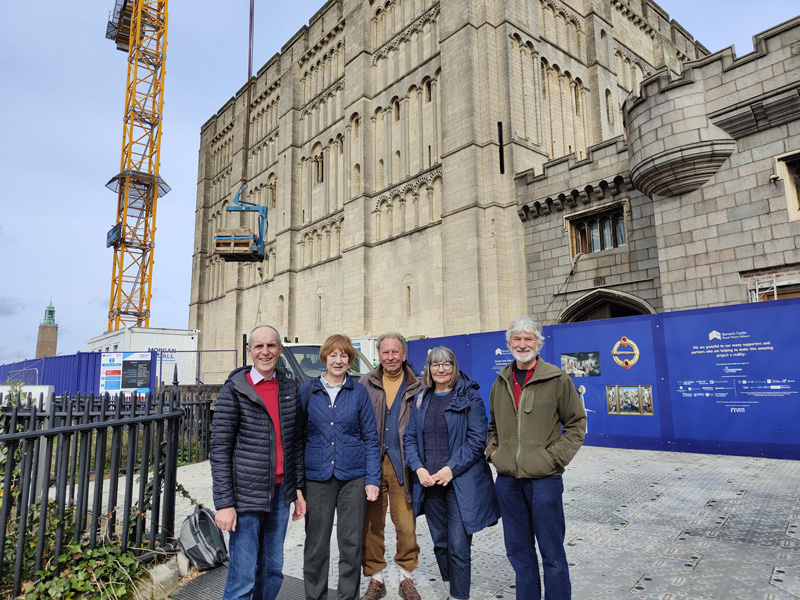Young children in Great Yarmouth and Waveney are more protected than ever before as the area celebrates its highest uptake of pre-school immunisations.
In the past year GP practices within HealthEast, the NHS Great Yarmouth and Waveney Clinical Commissioning Group, have seen a 6.4 per cent increase in the number of two year olds having a measles, mumps and rubella (MMR) immunisation.
There was also a 6.1 per cent increase in pneumococcal boosters, which protects children from one of the biggest causes of meningitis as well as ear infections and pneumonia.
Jenny Harries, Director of Public Health at NHS Norfolk and Waveney, said: “Awareness around infant immunisation and protection against disease has grown with the outbreak of measles in Europe last year and the more recent cases of whooping cough across the UK.
“While there has been a lot of publicity urging pregnant women to have the whooping cough jab, I hope that this good news about pre-school immunisation will continue to increase awareness about the importance of protecting pre-school children against avoidable illnesses.”
The pre-school immunisation figures have been acknowledged by the national Health Protection Agency as an impressive annual improvement; something very few areas have achieved in such a short period of time.
In addition there are currently no waiting lists for pre-school immunisations in GP practices across the HealthEast area.
Emma Raworth, Project Manager for Pre-School Immunisation Project, said: “What has been achieved is even more encouraging when you think about the area. Great Yarmouth and Waveney has some of the most deprived communities in the East of England and a diverse population with a large range of languages.
“Engaging with the diverse range of communities presents its own challenges and many of these have been overcome through good communication.
“However, perhaps the most difficult challenge – and perhaps the most important to get right – has been the engagement of the different services so that each one recognises that they are all as important to immunisation uptake as each other.”
A pack is currently being put together for organisations that work in partnership with the project team. It will include clinical advice and general information on immunisations in children prior to school age.
Jenny Harries added: “There has been a lot of interest from other NHS organisations about the improvements that have been made in Great Yarmouth and Waveney.
“Credit has to be given to the GP practices for engaging with the project and ensuring that parents are aware of the importance of immunisation and that they are given every opportunity to discuss any reservations.
“They have all made great efforts to review their ways of working and put on more clinics in order to achieve these great results.
“Praise also goes to child health, health visitors and community services, such as children’s centres, who have also played a massive role in ensuring the ongoing success of this project.”
Health visitors distributed pre-school immunisation information by talking to parents and handing out leaflets. They continue to play a key role in chasing down those children identified by GP practices as not yet having had their jab.
One way of boosting the number of MMR immunisations has been a birthday card scheme, which is used by 20 of the 27 practices in the area and is funded by NHS Norfolk and Waveney. Children receive a birthday card on their first and third birthday with reminders about their MMR jabs.










